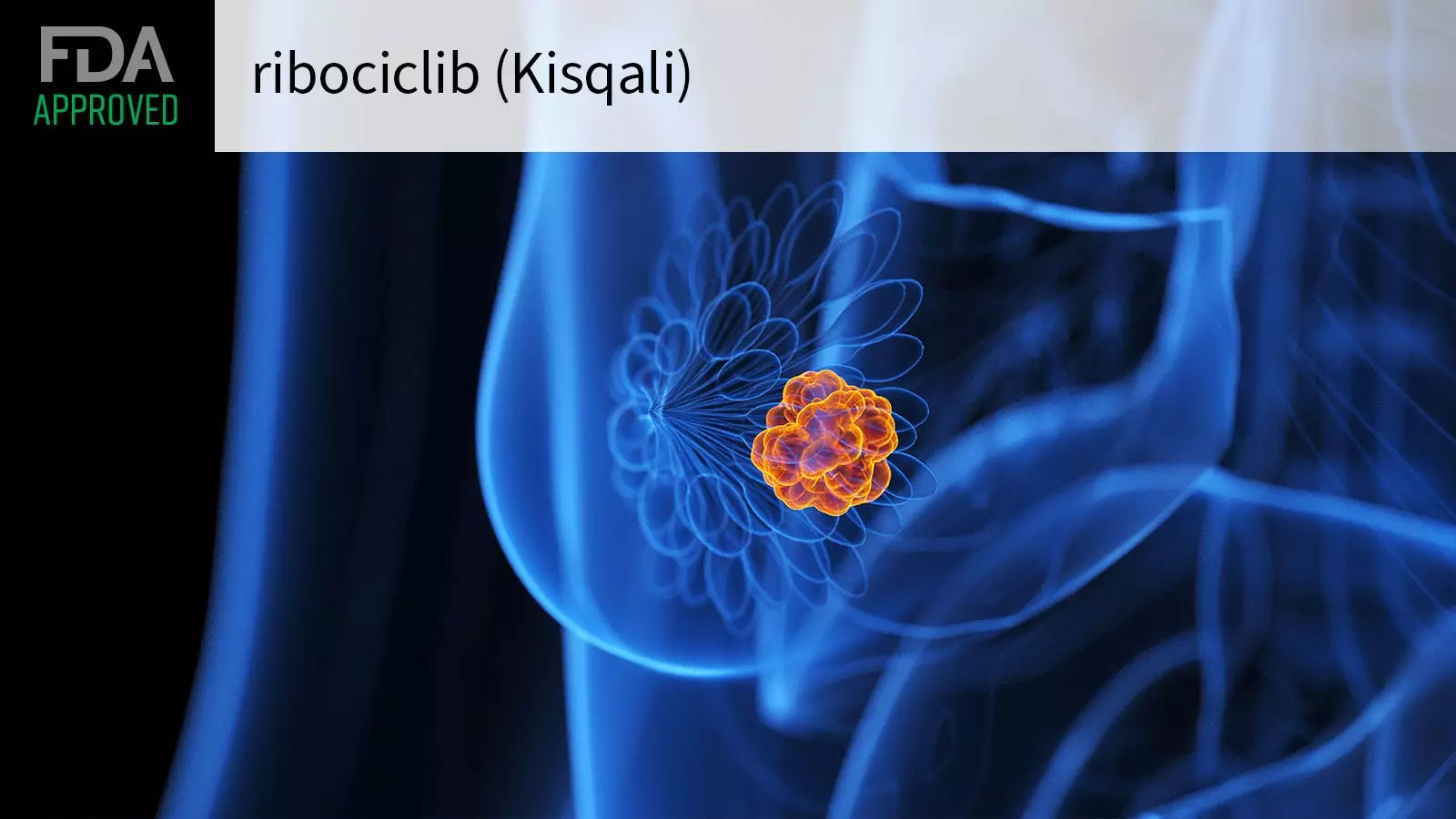On Tuesday, the U.S. Food and Drug Administration (FDA) took a significant step in the fight against early high-risk breast cancer by approving ribociclib, commercially known as Kisqali. This groundbreaking decision allows the CDK4/6 inhibitor to be utilized in combination with endocrine therapy as an adjuvant treatment for individuals diagnosed with stages II and III of hormone receptor (HR)-positive/HER2-negative breast cancer. These patients face a heightened risk of disease recurrence following surgical intervention. With this approval, ribociclib joins the ranks of other CDK4/6 inhibitors, such as abemaciclib (Verzenio), although the new indication effectively doubles the number of eligible early breast cancer patients who may benefit from its use.
Traditionally, the landscape of breast cancer treatments has expanded over the years, providing more hope for patients. Ribociclib’s approval for earlier stages of breast cancer not only underscores the progression in treatment options but also indicates a shift towards more personalized approaches in oncology. This approval reflects a growing understanding of disease biology and the importance of targeting tumor growth pathways.
The pivotal NATALEE trial, which involved over 5,100 patients, yielded compelling results. The study showed that a 3-year regimen of ribociclib combined with a non-steroidal aromatase inhibitor could reduce the risk of disease recurrence by a remarkable 25%, compared to an aromatase inhibitor alone. The trial’s findings indicated that at the three-year mark, the invasive disease-free survival (iDFS) rates were 90.7% for the combination therapy and 87.6% for the aromatase inhibitor group alone (HR 0.749, 95% CI 0.628-0.892, P=0.0006). Furthermore, updated data presented at the European Society for Medical Oncology congress indicated an even greater benefit in iDFS, with a hazard ratio of 0.715 (95% CI 0.609-0.840, P

Leave a Reply